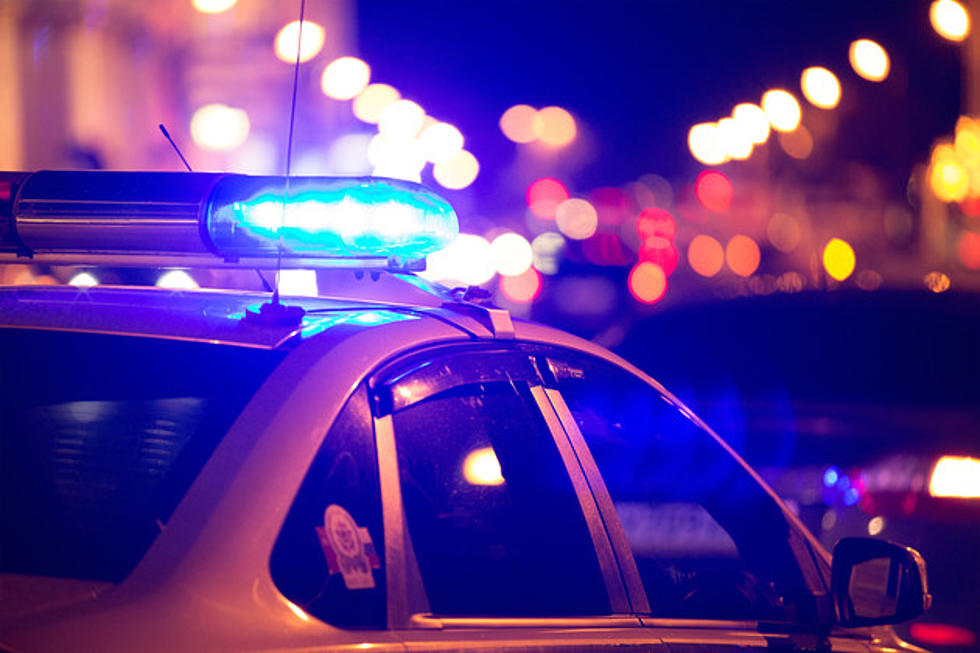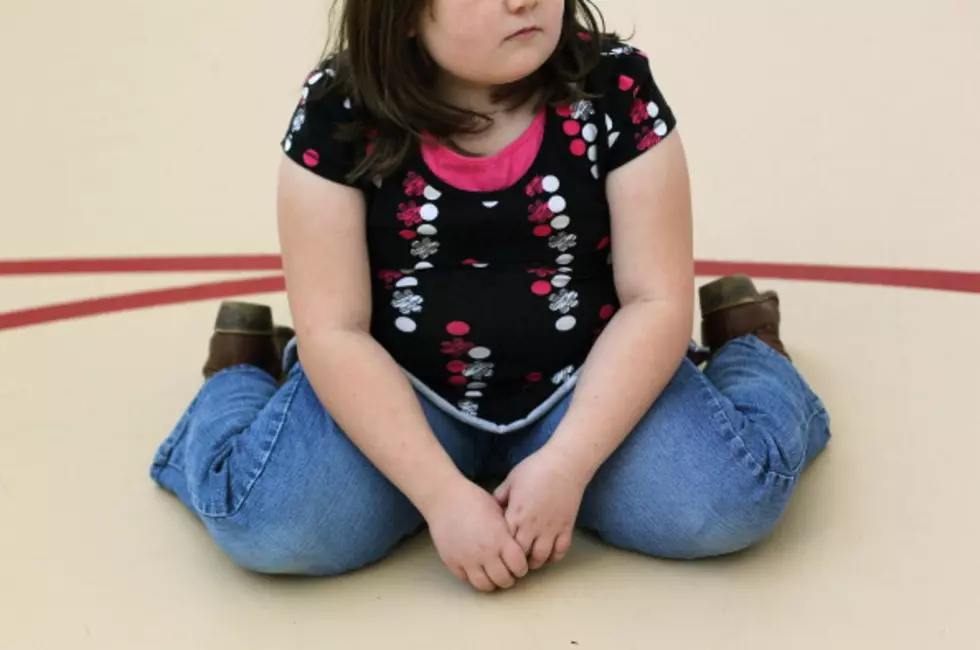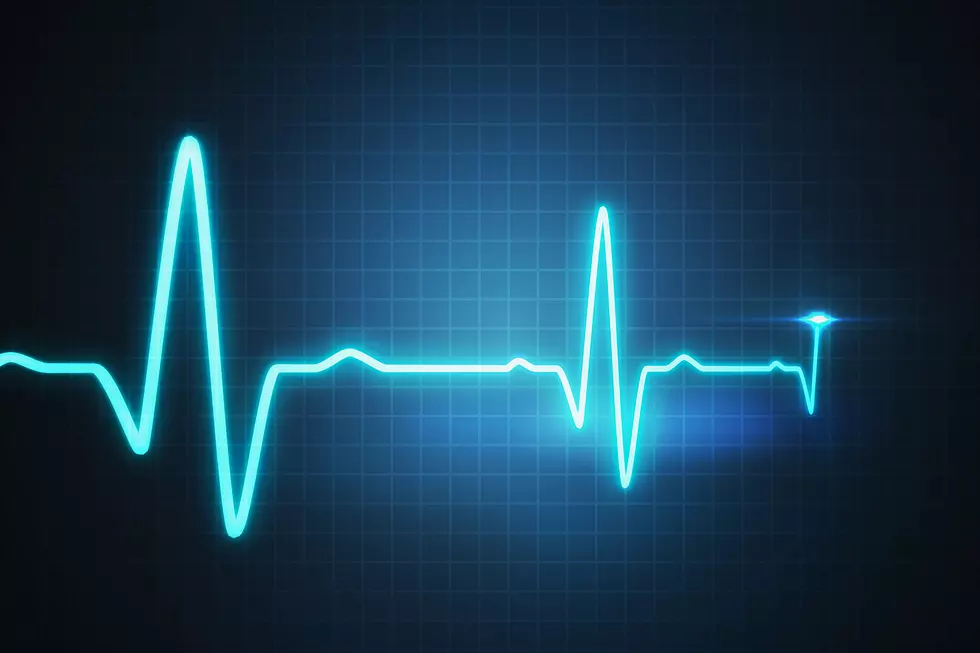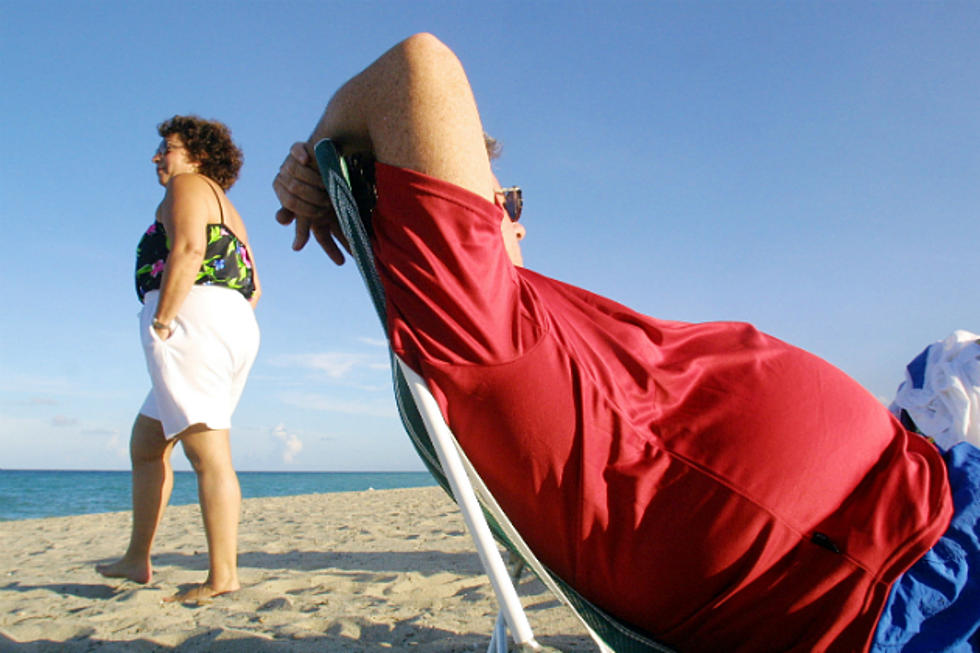
NJ is no longer a ‘leader’ in health security, report claims
How would New Jersey hold up before, during and after a public health crisis, such as a natural disaster or an infectious disease outbreak?
In the National Health Security Preparedness Index released Thursday by the Robert Wood Johnson Foundation, the Garden State's anticipated response levels are best described as average.
Taking into account 139 measures broken into six overall categories, New Jersey scores a 6.8 out of 10 for its health security. That's the exact score given to the nation as a whole and represents a 4.6 percent increase in the state's preparedness level since 2013.
Scoring a 10 overall, or even close to it, proves to be a hard task for any state in the country. At 7.8, Vermont posted the highest overall score.
In the same report last year, New Jersey was included in the "leading group" of states based on public health emergency preparedness. This year, it's fallen to the middle of the pack, mainly due to other states' progress. Eighteen states score above the national average.
"These are states that perhaps New Jersey could look to for benchmarking and opportunities for improvement," said Dr. Glen Mays, a professor of health policy at the University of Kentucky, who leads a team of researchers who manage the index.
In New Jersey, preparedness levels declined in one domain — Incident & Information Management (-2.4 percent). The category involves a state's ability to rapidly respond to an emergency event in the early stages. Still, that domain produced New Jersey's highest score out of all six — 8.2 out of 10.
"The Department of Health recognizes that while New Jersey’s preparedness level is on par with the national average, there are always improvements that can be made," spokeswoman Dawn Thomas said.
Thomas noted the state's greatest improvement came in the category of Community Planning & Engagement, which has increased nearly 17 percent since 2013.
"After responding to and recovering from Hurricane Sandy, the Department has been exploring new ways to engage neighboring states, sister agencies, local and county health partners, healthcare facilities and residents in decision-making and recovery efforts," Thomas said. "The Department hosts regular trainings, webinars and conferences to enhance New Jersey’s emergency preparedness."
The state's lowest score was registered in the category of Healthcare Delivery — 5.5 out of 10. But that's still higher than the national average.
More from New Jersey 101.5:
Contact reporter Dino Flammia at dino.flammia@townsquaremedia.com.
More From New Jersey 101.5 FM








